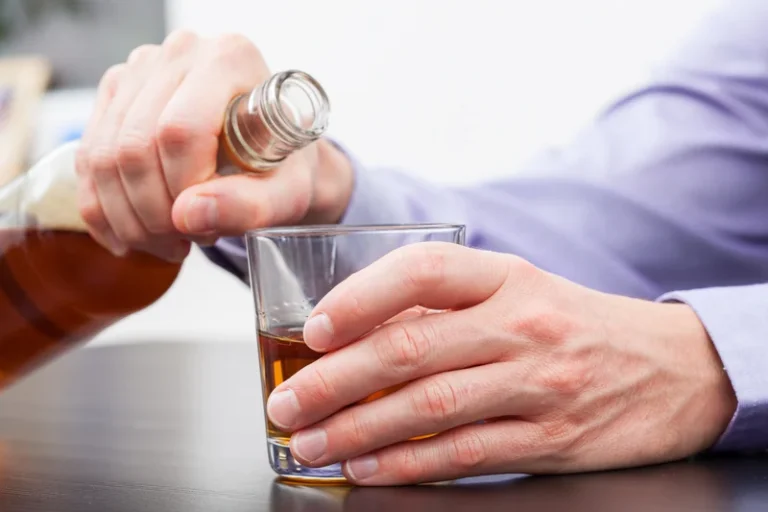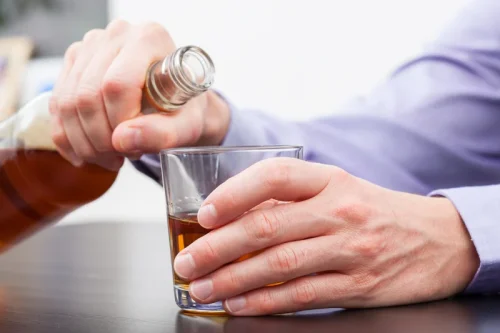
Men are more at risk of having anger issues due to the overuse of alcohol. The probable reason for this is genetic factors and an increased tendency towards substance use. Moreover, alcohol-related anger is more common in young and single males than married and old ones.
Tips for a high-quality, longer life
Moreover, alcohol misuse can make people assume they’re in power and show angry outbursts more often. Being at the opposite end of someone with alcohol-related anger outbursts can be scary and painful. It may be that rather than making people angry, alcohol makes people who are prone to anger more likely to act on those feelings.
Various factors affect the potential for anger arousal with alcohol consumption.
It might help to remind yourself that dwelling on the sources of your anger will likely cause you unnecessary pain. In addition, men are more likely Alcoholics Anonymous than women to become angry or aggressive when they’ve had a drink. Alcohol impairs your judgement, decision making and problem solving abilities, due to affecting the chemicals in your brain. These impairments can make it seem as though anger is the only response in certain situations, instead of being able to explore other, more reasonable reactions. It can also lead you to make poor choices, such as reacting aggressively instead of calmly.
Connect with Ashwood Recovery to Start Co-Occurring Disorders Treatment in Idaho Today
People with co-occurring disorders should receive specialized treatment. The treatment should target both the person’s mental health and substance use disorder as two parts of a whole. Drinking helps someone escape their negative emotion of anger, and feeling angry lets them avoid the fact that drinking has become a problem. The two feed off one another and can be dangerous to their health and well-being.
- Alcoholics Anonymous highlights anger as a major relapse trigger, with co-founder Bill Wilson noting, “Resentment is the top offender.
- If you see someone cut in front of you in line for the bathroom at a bar or concert, you may react aggressively when you otherwise wouldn’t mind.
- Being overly polite might seem kind, but it often leads to problems anyway, in relationships, with friends, and at work.
- If you feel you’re ready or want more information about how to help a loved one, we can help today.
- She has spent the past 5 years specializing in the treatment of opioid and alcohol use disorders.
- Getting rid of hangxiety involves resting, avoiding anxiety-provoking challenges during the episode, staying with a supportive person, getting something to eat, and staying hydrated.
- For that reason, abstaining from alcohol altogether may be the best way to prevent undesirable effects, such as relationship issues or legal trouble.
Typically, support groups have professional leaders, like social workers or psychologists, so you can ensure you’re getting expert advice. Because alcohol is a psychoactive drug, it temporarily alters your mood, perception and feelings. Intoxicated people may feel more outgoing, lonely, joyful — or angry. For example, if you start drinking when you’re lonely and sad, you may find the alcohol makes you feel even more desolate and distressed than you did when you were sober. Researchers have studied the connection between anger and aggression for years. However, it’s about more than getting easily upset or having a short fuse when you drink alcohol.
- Well, according to some scientists this answer can be chalked up to something known as Alcohol Myopia Theory.
- Stress also affects focus and attention abilities, and heightens energy while decreasing appetite and sleep functions.
- A cognitive, behavioral, and physical reaction to it happens all at once.
- Hence, it is important for everyone to learn anger management skills.
- As a person breaks the cycle, therapy can be a valuable, neutral support tool for addressing the psychological causes of anger and problematic drinking.
- Medical detox is typically considered the optimal method for allowing alcohol to safely process out of the body while under continual medical supervision.
- Integrated treatment approaches provide the necessary support and tools to navigate the complexities of alcohol abuse, anger problems, and co-occurring mental health disorders.
- Drinking may also be a method to self-medicate negative emotions, including anger.
- Dealing with your anger when you’re sober will help you avoid going into a rage when you’re drinking.
- Whether you’re researching for yourself or a loved one, Beach House can help.
If your partner shows intense feelings of anger and a lack of self-control when drinking, reach out for help. They feel anger to avoid other more challenging emotions and behaviors. Alcohol has a closer association with aggressive behavior than any other mind-altering substance, according to the World Health Organization (WHO). Violent behavior may occur in as much as 50% of people with alcohol use alcohol and aggression disorder (AUD). As if that wasn’t complex enough, anger can also result from inherited tendencies or brain chemistry.
The Truth Behind Alcohol and Anger
However, the anger management experts at Nugent Family Counseling Center want our patients to understand that some triggers and behaviors, including alcohol use or abuse, increase the risk of angry blow-ups. Even among the positive studies, potential health benefits are often quite small. In addition, alcohol may reduce the risk of one condition (such as cardiovascular disease) while increasing the risk of another (such as cancer).
How to Prevent and Treat Alcohol-Related Aggression
Relapse is prevalent, with almost sixty percent of people having one major episode a year after completing treatment. But, anger problems are often cited as one of the main culprits of relapse among recovering alcoholics. As a whole, alcohol use naturally heightens emotions, and for people who are predisposed to aggressive tendencies, it can quickly make bad scenarios worse. Typically, anger will lead to aggression unless something happens to resolve the situation.





